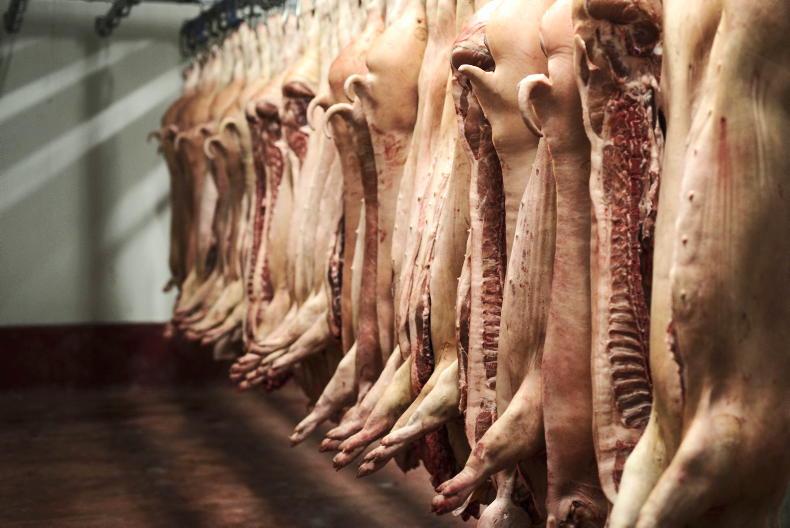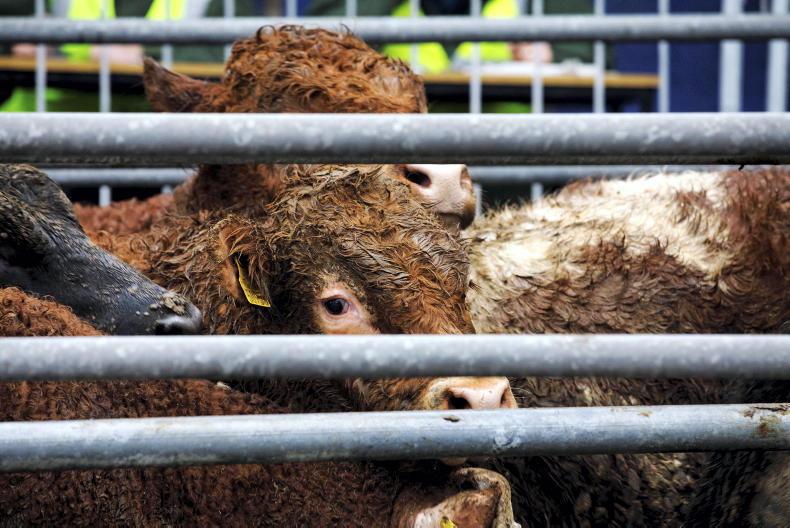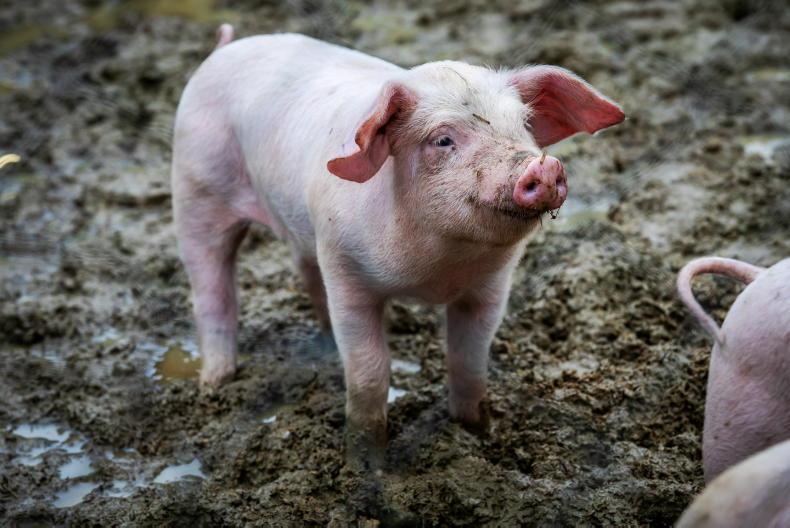IFA pigs chair Roy Gallie has called for a fast-tracking of work permit applications from outside the European Economic Area to help the pig sector.
He is piling pressure on the Department of Trade, Enterprise and Employment (DTEE), and the minister responsible, Damien English, to help alleviate the backlog of pigs in the market.
The IFA said the pigmeat sector is under extreme pressure due to the lack of suitable labour available at processing level and on pig farms.
“The continuous nature of pig production requires a constant flow through the farm. This production cycle requires that pigs are moved off the farm for processing in a timely fashion,” said Gallie.
While farmers have built-in latitude to allow for disruptions to the normal throughput, the current shortage of labour has stretched this to breaking point.
It’s imperative that these permits are issued immediately to allow these skilled workers into the country
“IFA is aware that a number of work permit applications have been submitted to DTEE over the past number of months, but these have not yet been processed.
“It’s imperative that these permits are issued immediately to allow these skilled workers into the country,” he said.
The farm organisation has made repeated calls for the re-introduction of the quota-based pilot work permit scheme, which it says should be extended to include pig and poultry farms.
British situation
Pig farmers in Britain are calling for similar moves, with its National Pig Association saying that around 80% of skilled butchers in abattoirs are from Europe, but many have left because of Brexit and COVID-19.
It says this is the biggest crisis the British pig sector has experienced since the dark days of the late 1990s and early 2000s, as pigs continue to back up on farms in large numbers, leaving producers fearing for the welfare of their animals.
Its CEO Zoe Davies said the pig backlog was forcing farmers to find extra cash for expensive feed and incur penalties for selling overweight pigs.
“Many are now being forced to face the real prospect of having to destroy pigs because there is simply nowhere for them to go,” she said.









SHARING OPTIONS